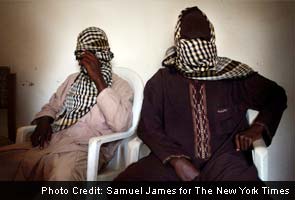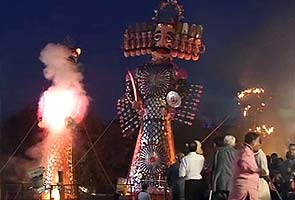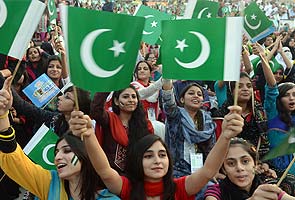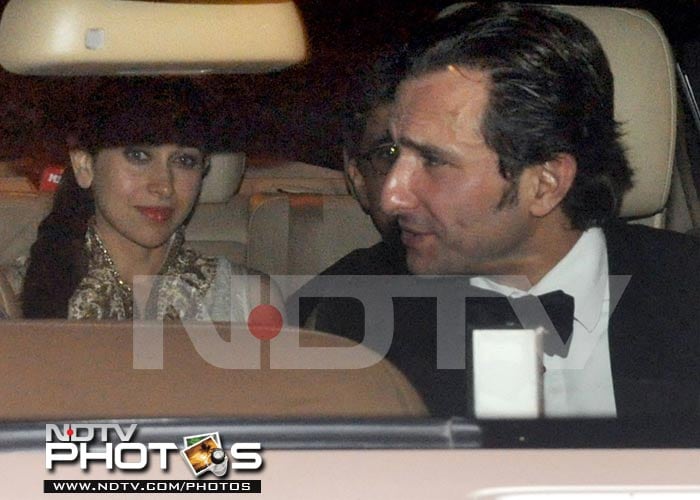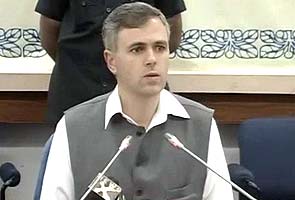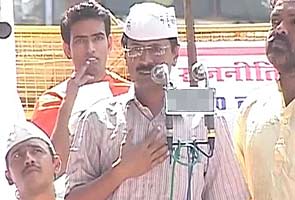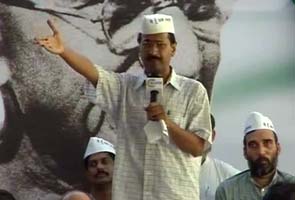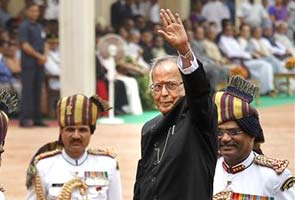31 oct 2012
MUMBAI: The Reserve Bank of India (RBI) has said that the government must balance its books by cutting spending as this is the only way to achieve a sustained fiscal consolidation. The statement by the RBI governor comes in the wake of a new road map for fiscal consolidation, which does not have any significant reduction in subsidies.
"All of us - not just RBI, but all stakeholders in the macroeconomic management - are concerned about the quantum of fiscal adjustment and also the quality of fiscal adjustment. International experience shows that fiscal adjustment that comes from expenditure compression is more sustainable than one that comes from tax increases," said D Subbarao, governor, RBI, in a conference call with analysts.
"In our own country, we achieved consolidation in pre-crisis period largely due to tax increases. It will be worth our while to focus on expenditure compression to manage credible and sustainable fiscal consolidation on our way forward," he added.
The governor's comments seem to hint at scepticism over the government's new road map to bring down fiscal deficit to 5.3% of GDP in FY13, 5.8% in FY12, 4.8% in FY14 and 3% by FY17. Analysts have expressed disbelief at the ability of the government to bring down fiscal deficit to 5.3% without any additional reduction in subsidies.
"The (governor's) conference call clearly gave an indication that lot more needs to be done in the execution of measures announced by the government," said Ashish Vaidya, head of fixed income currencies and commodities trading at UBS Ag India.
"This should be seen against the backdrop of the 50-bps reduction in policy rates in April in belied expectation that government would take action on the policy front," he added.
P Chidambaram, who took charge in August in the wake of a downgrade warning from Standard & Poor's this year, has been trying to send a signal that the finance ministry is committed to policy action, but the central bank appears to be playing it safe. According to Vaidya, if the measures announced by the FM are implemented between now and March and the fiscal numbers remain on target, a downgrade would be staved off for now.
In the conference call, the governor continued to be optimistic of an economic environment supporting a rate cut in January 2013. "The guidance of policy action in January is based on overall assessment of growth inflation situation. We ourselves have said that inflation will peak during this quarter and then trend down in the fourth quarter of the current fiscal. In January, we will be responding not just to the point inflation numbers but also the projected trajectory. If the growth inflation plays off, we feel that there will be scope for easing," Subbarao said.
The governor reiterated that the central bank has no intention of supporting the rupee at a particular level nor does it plan to buy dollars to build up reserves.
Govt must cut spending: RBI governor
MUMBAI: The Reserve Bank of India (RBI) has said that the government must balance its books by cutting spending as this is the only way to achieve a sustained fiscal consolidation. The statement by the RBI governor comes in the wake of a new road map for fiscal consolidation, which does not have any significant reduction in subsidies.
"All of us - not just RBI, but all stakeholders in the macroeconomic management - are concerned about the quantum of fiscal adjustment and also the quality of fiscal adjustment. International experience shows that fiscal adjustment that comes from expenditure compression is more sustainable than one that comes from tax increases," said D Subbarao, governor, RBI, in a conference call with analysts.
"In our own country, we achieved consolidation in pre-crisis period largely due to tax increases. It will be worth our while to focus on expenditure compression to manage credible and sustainable fiscal consolidation on our way forward," he added.
The governor's comments seem to hint at scepticism over the government's new road map to bring down fiscal deficit to 5.3% of GDP in FY13, 5.8% in FY12, 4.8% in FY14 and 3% by FY17. Analysts have expressed disbelief at the ability of the government to bring down fiscal deficit to 5.3% without any additional reduction in subsidies.
"The (governor's) conference call clearly gave an indication that lot more needs to be done in the execution of measures announced by the government," said Ashish Vaidya, head of fixed income currencies and commodities trading at UBS Ag India.
"This should be seen against the backdrop of the 50-bps reduction in policy rates in April in belied expectation that government would take action on the policy front," he added.
P Chidambaram, who took charge in August in the wake of a downgrade warning from Standard & Poor's this year, has been trying to send a signal that the finance ministry is committed to policy action, but the central bank appears to be playing it safe. According to Vaidya, if the measures announced by the FM are implemented between now and March and the fiscal numbers remain on target, a downgrade would be staved off for now.
In the conference call, the governor continued to be optimistic of an economic environment supporting a rate cut in January 2013. "The guidance of policy action in January is based on overall assessment of growth inflation situation. We ourselves have said that inflation will peak during this quarter and then trend down in the fourth quarter of the current fiscal. In January, we will be responding not just to the point inflation numbers but also the projected trajectory. If the growth inflation plays off, we feel that there will be scope for easing," Subbarao said.
The governor reiterated that the central bank has no intention of supporting the rupee at a particular level nor does it plan to buy dollars to build up reserves.

